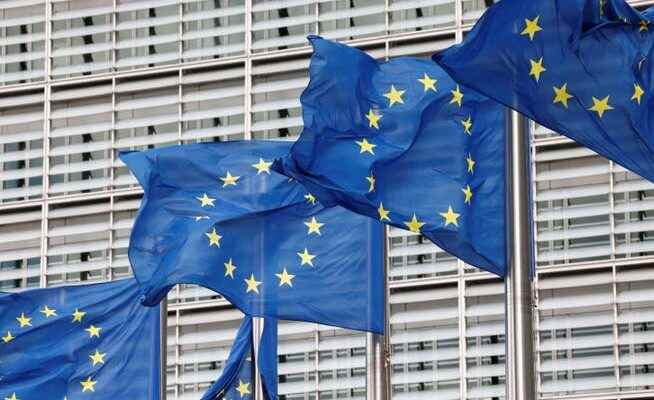The EU Commission is proposing a temporary price cap for natural gas to combat the sharp rise in energy prices. It’s the wrong way.
The EU Commission is proposing a price correction mechanism for natural gas.
Killing the bearers of bad news has long been a custom. There are corresponding reports in the Bible, in Greek antiquity and from the Aztec ruler Montezuma. Things are more civilized these days: the messengers are insulted or regulated away. One such bad news is the skyrocketing price of natural gas over the past period. Because the price of gas is also an important factor in electricity prices, these also went up sharply. Consumers in Europe are already feeling this in their wallets.
No more signal for scarcity
When a price goes up, the first reaction can be: shut it down. Then the problem is supposedly solved, the respective price cannot exceed a certain value. This is exactly what the EU Commission is proposing for the natural gas price, more precisely for the reference price for European gas, which is formed at the Dutch trading point Title Transfer Facility (TTF). Because the term price cap is already negatively charged in the discussion, the Commission proposes a price correction mechanism to introduce a dynamic upper price limit: it is and will remain a cap.
But prices are not just euros or francs, which you have to pay for natural gas in this case, prices are primarily signals that indicate scarcity. They are the bearers of news about the supply and demand for a particular good. If natural gas is artificially made cheaper, this also means that the signal no longer works. The starting point of the exploding gas prices are currently the limited supplies from Russia.
The demand determines the price
In the short term, the natural gas supply cannot be increased significantly unless Russia supplies more again, which depends on the situation of the war against Ukraine. This means that the price is determined by demand. Under a price cap, there is then more demand, even if the supply can no longer keep up. The information from Brussels is still sparse. But a – even temporary – price cap could mean that stored gas has to be sold at this artificial price.
At a time when there is debate about the physical lack of gas, that would send the wrong signal. The artificially low price of natural gas would encourage less savings. The logical consequence would be that the prescribed rationing would have to be started at an early stage. This fine print is not in the EU Commission’s proposal.
The diminishing incentive to save is not only causing problems for the coming winter, but also for the winter after that. The 2022/23 heating period could be even more tricky than the current situation, because this year Russian natural gas flowed into the natural gas storage facilities in the usual quantities at least until the middle of the year. These volumes could be missing in the coming year if the situation does not change.
Bureaucratic presumption
The price cap is to be introduced at least temporarily – until a new target price is introduced for deliveries of liquefied natural gas (LNG) instead of the TTF price. Brussels believes that the price of LNG would be cheaper if it was no longer tied to the TTF notice, which is largely the norm at the moment. This is wishful thinking. Because when it comes to LNG, Europe is primarily in price competition with Asia. China’s hunger for energy has been dampened recently, which has favored LNG imports to Europe. That may change, which may mean a higher price on a pure LNG benchmark.
The EU is reacting to the increased energy prices in a bureaucratically overbearing manner by introducing price caps and setting benchmarks that otherwise usually arise in the market. It would not be better to combat the symptoms, but rather to stimulate the offer and increase the savings incentives. The messenger can do nothing for the malaise.
You can contact the business editor Gerald Hosp follow on twitter.
